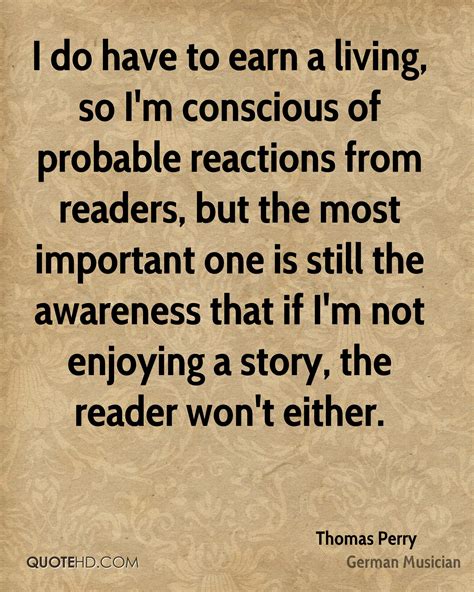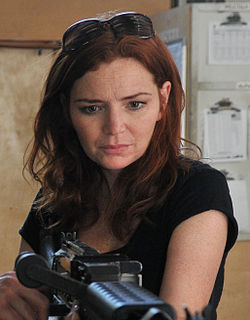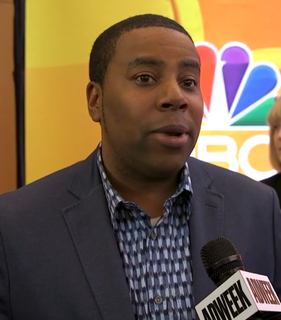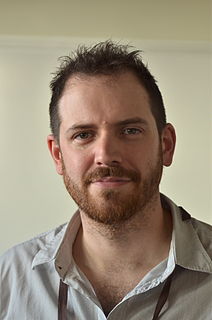A Quote by Thomas Perry
Once you have invented a character with three dimensions and a voice, you begin to realize that some of the things you'd like him to do to further your plot are things that such a person wouldn't, or couldn't, do.
Related Quotes
Some things just have a short, beautiful life, and some things have a longer one. One hopes that the things that go a long time are things that you love. It's like a relationship. The longer things go, you have to really work on that relationship with your character, with your castmates, the crew your working for, the producers, and the writers.
Do you think it's possible that things that seem to be discrete in three dimensions might all be part of the same bigger object in four dimensions? ...What if humanity- that collective noun we so often employ- really is, at a higher level, a singular noun? What it what we perceive in three dimensions as seven billion individual human beings are really all just aspects of one giant being?
I dont want to sound gloomy, but, at some point of your lives, every one of you will notice that you have in your life one person, one friend whom you love and care for very much. That person is so close to you that you are able to share some things only with him. For example, you can call that friend, and from the very first maniacal laugh or some other joke you will know who is at the other end of that line. We used to do that with him so often. And then when that person is gone, there will be nothing like that in your life ever again.
There is a stage you reach, Deagle thinks, a time somewhere in early middle age, when your past ceases to be about yourself. Your connection to your former life is like a dream or delirium, and that person who you once were is merely a fond acquaintance, or a beloved character from a storybook. This is how memory becomes nostalgia. They are two very different things - the same way that a person is different from a photograph of a person.
We're always being told 'find your voice.' When I was younger, I never really knew what this meant. I used to worry a lot about voice, wondering if I had my own. But now I realize that the only way to find your voice is to use it. It's hardwired, built into you. Talk about the things you love. Your voice will follow.
I got good at trying to throw a voice on a character from the very beginning as opposed to like reading it and sitting with it and mulling over it and stuff like that just try to read what it is and then try to put a funny voice to it like as soon as possible and stuff like that. Once you get laughs with your voice then you can start thinking about, you know the physical characteristics and how they might walk or if they stick out their buck teeth or if they wear an afro and stuff like that. I think like finding the voice of the character helps to like build the wardrobe and everything else.
The writer must always leave room for the characters to grow and change. If you move your characters from plot point to plot point, like painting by the numbers, they often remain stick figures. They will never take on a life of their own. The most exciting thing is when you find a character doing something surprising or unplanned. Like a character saying to me: ‘Hey, Richard, you may think I work for you, but I don’t. I’m my own person.’
Once we actually have the production script after many rewrites, at that point is when I start to decide what the look and colors will be. I work like a painter, even though I'm working in three dimensions. I'm working with chairs. I'm working with walls. But even things like the floor or the walls that people might think are not important, they actually do influence the visual look of the film. These are also things that I have to think about.




































